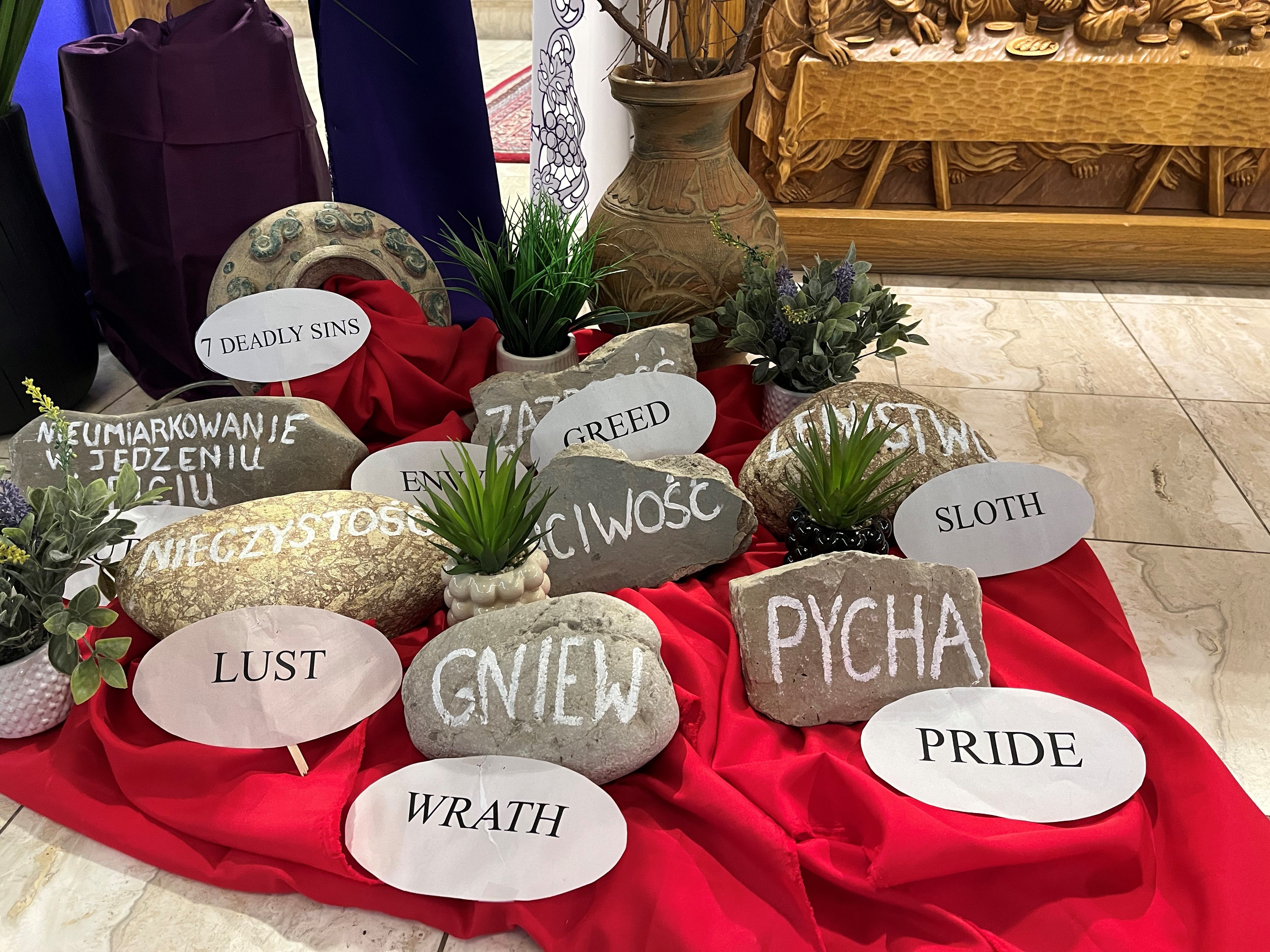- Accueil
- Notre communauté
- Notre foi
- Nos ministères
- Vie paroissiale
- Bulletin
- Nous contacter
- Recherche

Feast of the Archangels
With the upcoming Feast of the Archangels on September 29, Fr. Andrew Summerson, Assistant Professor of Greek Patristics and Eastern Christian Studies at the Metropolitan Andrey Sheptytsky Institute of Eastern Christian Studies at the University of St. Michael's College, weighs in on their significance.
1. What is St. Michael known for?
We hear about Michael in different places in Scripture, but my favorite is in the Epistle of Jude. It is the shortest book in the Bible but goes the furthest: Reaching all the way back to Genesis and ascending from heaven to hell and back. It is here that Michael fights with the devil. This gets expanded in the tradition. Michael is said to have led the angels against Satan and his servants after his fall. Yet to call this a war would be a misnomer. Michael’s weapon is worship. He leads the angels in prayer, singing “Holy, Holy, Holy, Lord of Sabaoth, heaven and earth are full of your glory.”
2. What is St. Gabriel the patron saint of – and why?
The word “angel” comes from the Greek, “ἄγγελος” meaning “messenger.” Gabriel lives up to his name, delivering the message to Mary that “the power of the most high will overshadow her” and she will bear Jesus, the Son of God. For delivering this joyful news, Gabriel is considered the patron saint of communications professionals.
3. What is St. Raphael's backstory?
Raphael is mentioned in the book of Tobit, who heals Tobit’s blindness after an unfortunate encounter with a bird. I won’t spoil the story for you, go read it yourself!
4. What is the fouth archangel, Uriel, associated with?
Uriel is another archangel who is sometimes considered the angel that holds the flaming sword protecting the garden of Eden after Adam and Eve’s exile. In the book of Enoch, an apocalyptic Hebrew text considered canonical scripture by Ethiopian Orthodox Christians depicts Uriel as an angelic guide leading Enoch through the cosmos.
5. How can we pray to the archangels?
In the Latin tradition, there are plenty of prayers to the angels, most famously the beautiful and useful prayer to archangel Michael sometimes recited at the end of the Rosary.
In the Byzantine tradition, to which I belong, we don’t typically ask the angels to intercede in the same way. Instead, we ask for their protection, acknowledging that the angels are God’s servants to guide and shape the cosmos. Faced with a contemporary worldview that reduces all activity to material processes, asking for protection of invisible angelic beings reminds us that there is more to the world that meets the eye. Instead of praying to the Angels, when the Church gathers for worship, we pray “with” the angels. The “Sanctus” or “Holy, Holy, Holy” before the Eucharistic prayer at the liturgy is the angels hymn given to human mouths to intertwine heaven and earth in the singular praise of God.
Archbishop Leo is inviting the Catholic community throughout the archdiocese to join in offering a novena to Saint Michael the Archangel (Patron Saint of the Archdiocese of Toronto), leading up to the Solemnity of Saint Michael on September 29. To access the September 2023 Novena to Saint Michael the Archangel, click here.
